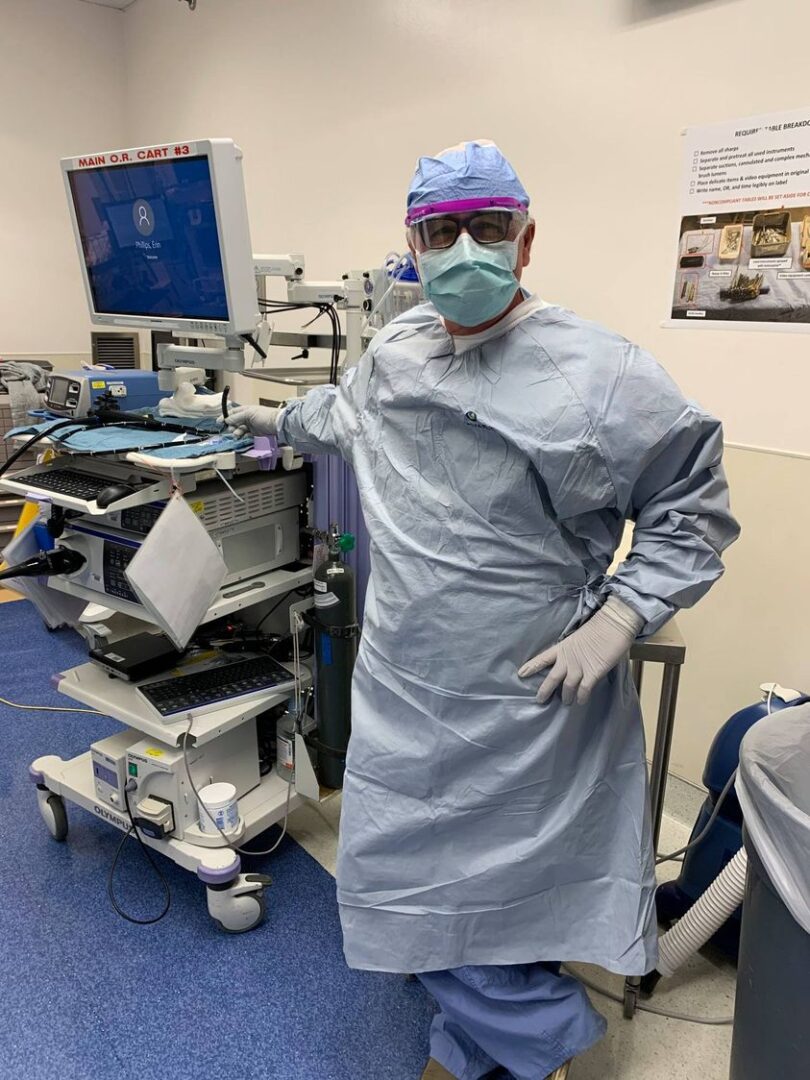The Harsh Realities Healthcare Workers Face After COVID
We are over 2 years deep into COVID-19 and the pandemic effects include ongoing illness and grieving the loss of loved ones. Watching and living with the strange realities of these past 2 years, I have seen children trying to tolerate Zoom classes at home, months or years of lost therapies, loss of activity, and even the closure of beloved schools and programs.
On the medicine side of things, we worked tirelessly and relentlessly to keep up with patients’ needs despite not being at our clinics with staff and support personnel trying to get their work done from their homes. All of us faced similar challenges managing the needs of others while taking care of kids, elderly family members and dealing with a range of worries. Despite vaccinations and boosters, these last months of 2022 were brutal, as we battled the breakthrough variant Omicron; We saw more children affected and hospitalized while our staff was depleted by illness as well.
We continue to cross cover and add even more time on service to manage inpatient responsibilities. Despite the pandemic taking a much-needed pause in its spread in the U.S., the demand for more help at hospitals across the country has increased. Telehealth has been a value but one outcome was that families could log on without coming to an office. They were never impacted by the weather or traffic and became used to on-time service and more ready access than our pre-COVID reality. Expectations have become higher and tempers shorter. If I am late to a Telehealth call after an in-person visit in the clinic, I am frequently chastised.
The harsh reality of the pandemic fall-out is this: I have never experienced as much anger and rude behavior from patients directed at me, my staff and our hospital teams as we endure now. It has saddened me greatly.
As physicians, I know there are times as we pivot from the pandemic, we have not been at our best. But, at a time when people have needed the medical community the most, doctors, nurses and other health professionals are leaving the field. A recent study in JAMA (Journal of American Medicine Association) reported that 20% of current physicians plan to leave medicine within 5 years. Some, have already left. Part of that is from plain old burn out from the workload, but we cannot underestimate the traumatic impact of this wave of unkindness.
As we re-enter the clinics with in-person visits we are faced with traffic and office delays again. We are all not used to that. It's time to even out our expectations of our healthcare providers to deal with these post-COVID realities. I would suggest we need to look inward and set new expectations of ourselves to be kind, understanding and respectful of how tough it has been to be a healthcare worker these past two-plus years.
I have been grateful for the help I have received over these challenging years. I have had staff and colleagues continuing to do their best despite difficult circumstances and illness, family loss and separation. We, as a medical community also lost something more intangible, our time together to teach, mentor and collaborate with colleagues, which often happens incidentally when we share a clinic or work on the hospital floors with each other. This type of environment provides the best education and training for the residents, fellows and the most seasoned attendings.
As healthcare providers, we have done the best job we could in a horrible period of our lives.
I am praying not for things to get back to “normal.” Normal was hard enough. I am hoping for better, kinder treatment and more understanding. We all need some light coming our way.
